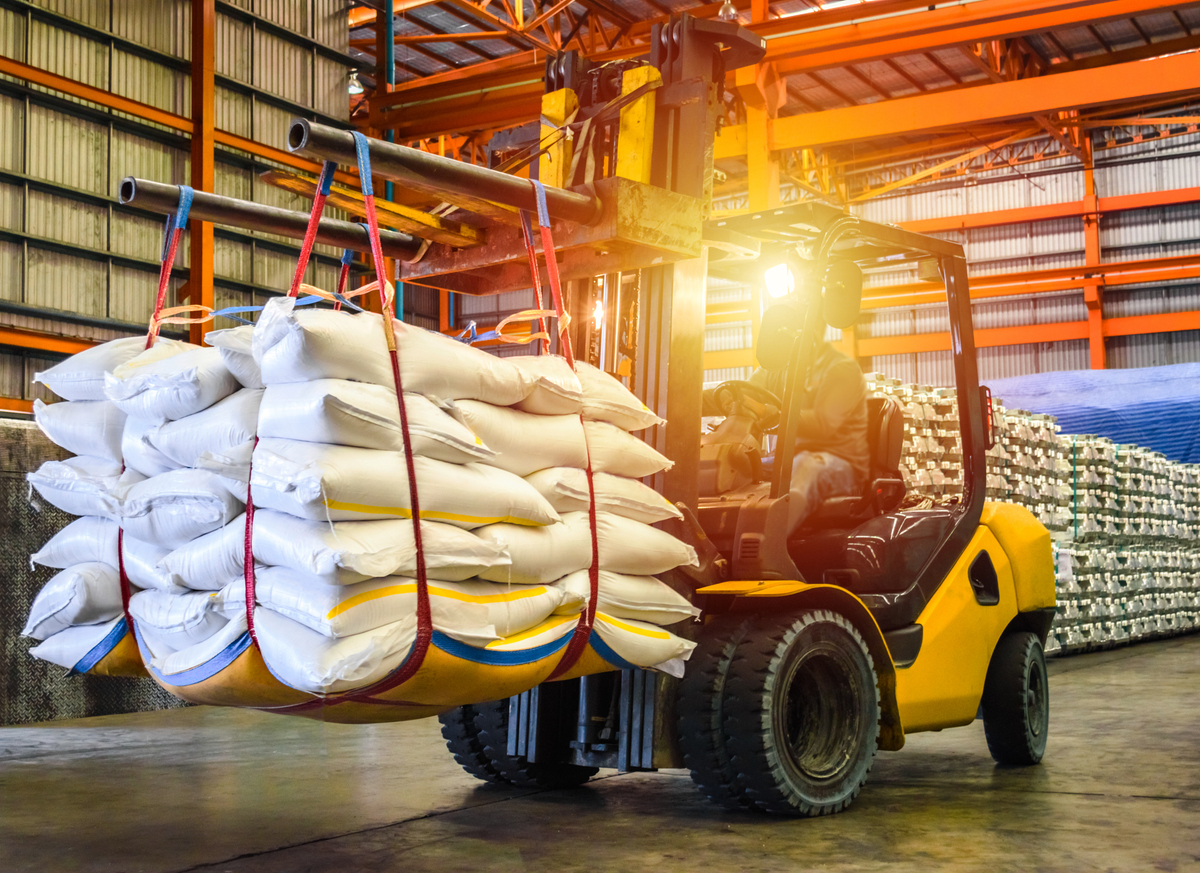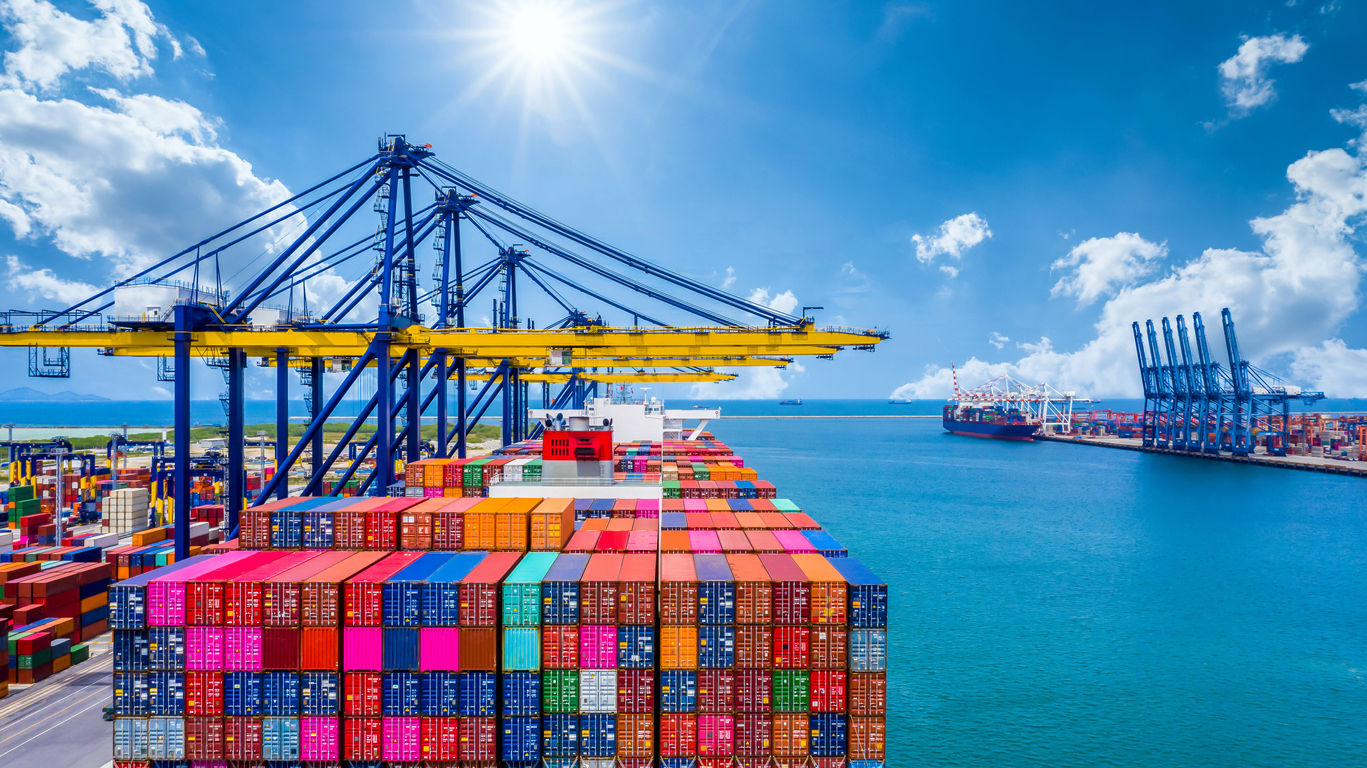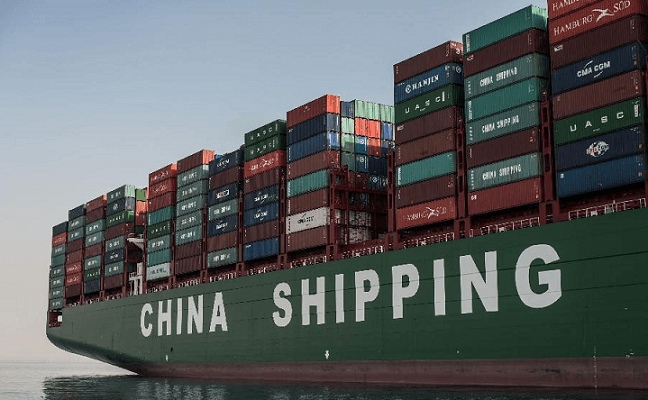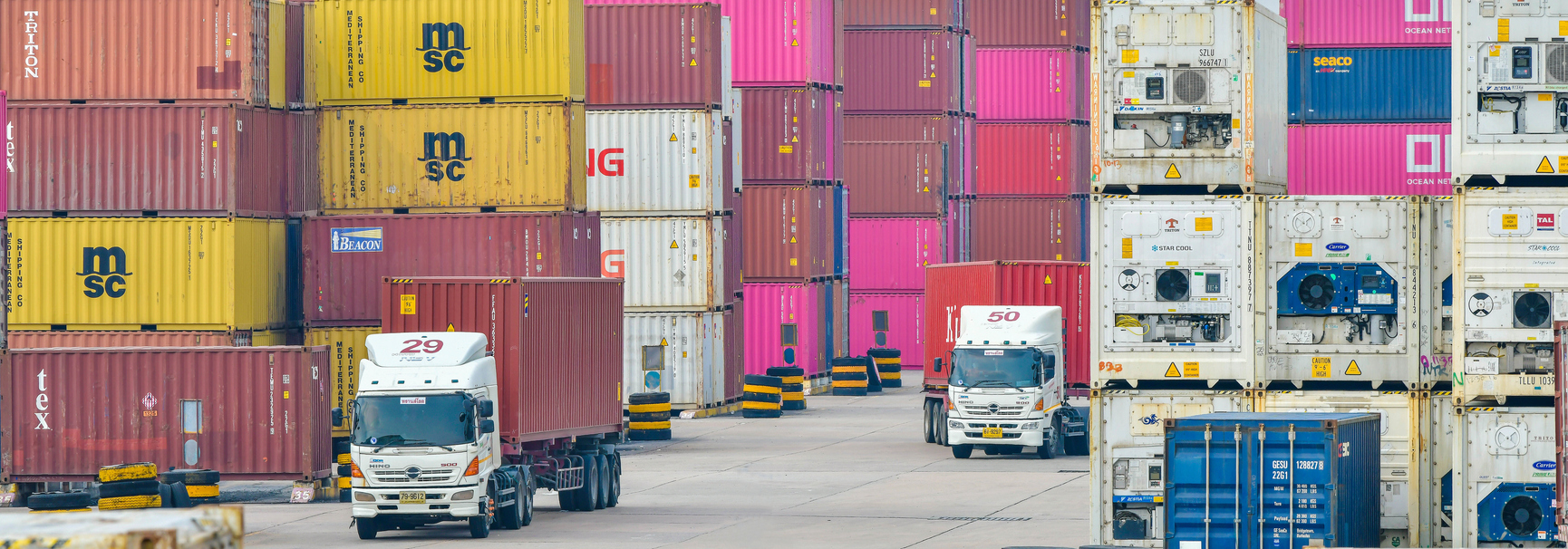How to Export Propylene Polymers from Nigeria: The Different Methods
How to Export Propylene Polymers from Nigeria: The Different Methods
A propylene polymer is a chemical compound. It is an organic polymer with the formula (CH)CH=CH-CHR, where R = H or alkyl, typically ethyl. Proplyene polymers are used in manufacturing various plastics and rubber goods.
The most common use of propylene polymers is in the production of polypropylene for plastics, resins, and fibers. They are also used to produce antifreeze, adhesives, lubricants, waxes, and solvents. There are many different methods to exporting propylene polymers from Nigeria each with its own advantages and disadvantages.
What is a propylene polymer?
A propylene polymer is a chemical compound. It is an organic polymer with the formula (CH)CH=CH-CHR, where R = H or alkyl, typically ethyl. Proplyene polymers are used in manufacturing various plastics and rubber goods.
The most common use of propylene polymers is in the production of polypropylene for plastics, resins, and fibers. They are also used to produce antifreeze, adhesives, lubricants, waxes, and solvents.
Advantages of exporting propylene polymers from Nigeria
The main advantage of exporting propylene polymers from Nigeria is that it is an economical venture. It’s cheaper to export them than to import them. The cost of transportation, duties, and taxes are also lower when exporting rather than importing.
Another advantage of exporting propylene polymers from Nigeria is that it helps the economy. By exporting the propylene polymers, companies are able to make more money by meeting the demand for the chemical compound on an international level. This money will then be spent on goods and services within Nigeria which will help the economy grow.
The disadvantage of exporting propylene polymers from Nigeria is that you have to transport them by land or sea which can take a long time. The other disadvantage is that you have to be careful with how much you export. You need to be mindful of the cost of production and what the demand is on the international market.
Disadvantages of exporting propylene polymers from Nigeria
One disadvantage of exporting propylene polymers from Nigeria is that it is difficult to transport. This is because it is a highly flammable and reactive chemical. It can be transported as a gas, as a liquid, or as a solid.
Another disadvantage of exporting propylene polymers from Nigeria is that it is expensive. This is because you need to use extra precautions to transport it and because of its highly reactive nature.
A third disadvantage of exporting propylene polymers from Nigeria is that there are strict regulations and policies on the export of this chemical. For example, some countries may prohibit the export of propylene polymers because they may be used for military purposes.
The final disadvantage of exporting propylene polymers from Nigeria is that there are some restrictions on its import and export. For example, it may not be exported from one country to another country without the consent of the importing country.
Different methods to export propylene polymers from Nigeria
One of the most popular methods to export propylene polymers from Nigeria is through sea shipping. It is more expensive than other methods of transportation though.
Another popular method of exporting propylene polymers from Nigeria is by means of rail. It can be done by shipping containers on trains.
There are also options for exporting propylene polymers from Nigeria by air. If you are in Nigeria and need help with exporting propylene polymers, contact us today.
We would be happy to give you an estimate for your shipment by air, or any other method you may consider.
Exporting through the Nigerian Ports Authority (NPA)
The Nigerian Ports Authority (NPA) is the agency responsible for the management of Nigerian ports. This agency has a number of issues that contribute to its inefficiency. For example, the agency is heavily indebted to banks, its workforce is underpaid, and it has many inefficiencies.
NPA rates for exporting propylene polymers are very high. For example, the agency charges $540 per container for export. This is much more than other ports in Africa.
Exporting through this agency may be the best option if you are shipping a large quantity because the expense may be worth it. However, this may not be the best option if you are shipping a smaller quantity because this agency charges by weight and not by container.
NPA’s inefficiencies may be worth it because they offer an easy, one-stop-shop for exporting. But you should weigh the costs against the benefits before making your decision.
Exporting through the Nigerian Customs Service (NCS)
The Nigerian Customs Service is the government agency that monitors all imports and exports in Nigeria. Before anything can be exported, it has to be cleared by the Nigerian Customs Service. The Nigerian Customs Service offers a variety of methods to export propylene polymers, but it takes time and may require an inspection.
You have two options for exporting propylene polymers through the Nigerian Customs Service. The first is to apply for a Certificate of Origin. This requires that your company is registered with the Nigerian Customs Service. The other option is to register your company with the Nigerian Export Promotion Council (NEPC).
One of the benefits of exporting through the Nigerian Customs Service is that it provides an added measure of security for your goods. However, both options are slow and require an inspection before your goods are cleared for export. The Nigerian Customs Service may also charge additional fees to register your company.
Exporting through the Federal Inland Revenue Service (FIRS)
The first method of exporting propylene polymers is through the Federal Inland Revenue Service (FIRS). This method, while the simplest, has the disadvantages of being limited to certain products and being subject to customs duties.
With this method, you are required to pay 10% customs duty. There are also limitations to products that can be exported through this method. For example, goods that have been manufactured in Nigeria cannot be exported to other countries.
Conclusion
The different methods for exporting propylene polymers from Nigeria each have their own advantages and disadvantages. For example, a shipload of polypropylene to the U.S. would cost around $6,000 to $8,000, but a shipload of polypropylene to Japan would cost around $5,000.
In conclusion, there are many different methods for exporting propylene polymers from Nigeria each with its own advantages and disadvantages. The different methods for exporting propylene polymers from Nigeria each have their own advantages and disadvantages. For example, a shipload of polypropylene to the U.S. would cost around $6,000 to $8,000, but a shipload of polypropylene to Japan would cost around $5,000.







LEAVE A COMMENT
You must be logged in to post a comment.